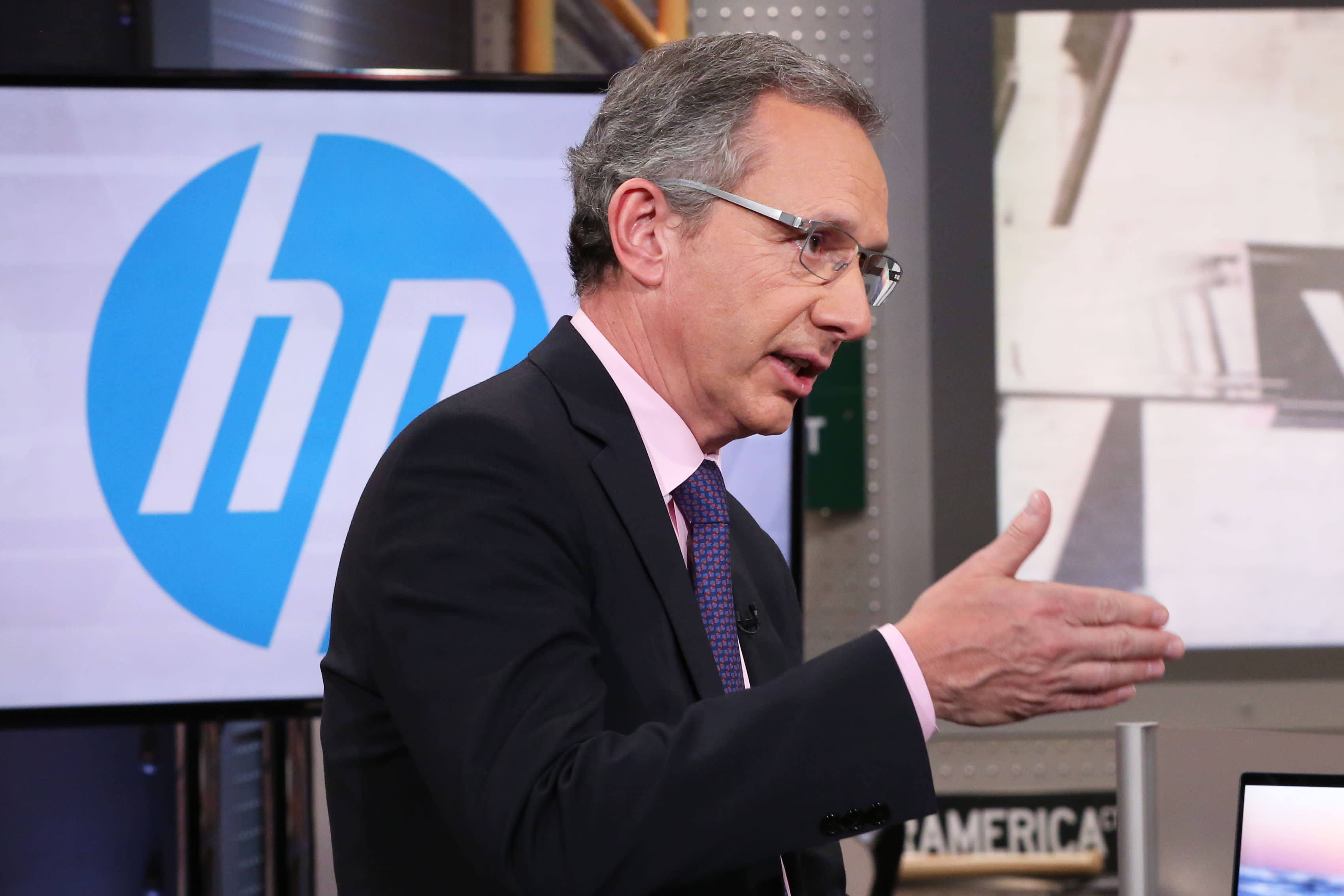
HP Inc. CEO Enrique Lores is no stranger to speaking out when it comes to ESG — environmental, social and corporate governance — addressing unrest as well as the rapid push to innovate due in part to the coronavirus pandemic.
Since stepping into the role as CEO in November 2019, Lores has written to employees on systemic racism and climate change, and he tweeted disappointment on the storming of the U.S. Capitol in early January.
In an interview with CNBC’s David Faber, Lores detailed how the PC maker faced these issues. “Our employees want to understand what we, as a company, stand for. We make sure we behave according to our values,” Lores said in the first “Evolve: The Faber Interview” series.
“This is not the only country where we see a similar need,” he continued. “The voice of the company and voice of the CEO is important to show direction, leadership and mobilize communities.”
More and more, corporations have been tasked to meet the moment of this past year and be transparent in the way they report ESG-related data. When it comes to disclosure, however, there’s little consistency among public companies. As ESG becomes a priority for investors and shareholders alike, Lores expects a change in the way companies like HP handle this data.
“During the last month there have been a lot of initiatives to try to define a common set of criteria and metrics that companies should be reporting to be able to evaluate progress,” he said. “As this increases its relevance, it’s going to be very important that we can compare what ‘Company A’ is doing versus what ‘Company B’ is doing and what progress each company is making.”
Not only does Lores believe speaking out on sustainability and diversity is the right thing to do, he said it has boosted the PC maker’s business.
“We believe that diversity is critical. Not because it’s the right thing to do, but it has strong benefits for our business,” he said. “Just last year we generated more than $1.5 billion because of our efforts in sustainability and diversity. I think this will continue to expand in the future.”
Outside of diversity, HP has seen growth in other areas of business, specifically its PC business. In its fourth-quarter earnings, HP said the sale of its notebooks had risen 18% to $7.41 billion as people sought out computers for work from home and education.
As PC sales increase, many businesses have yet to draw a conclusion on the future of their workplaces. Lores told Faber he forecasts that 80% of HP employees will have some sort of hybrid work structure, while the rest will remain remote permanently. Lores also added that within the last month, HP is reconsidering its real estate footprint and has started redesigning workspaces in its offices in response to the coronavirus pandemic to create collaborating places. “The time where most of our space was used for cubicles or individual offices is over,” he said.
In anticipation for a post-pandemic world, Lores also noted some key changes HP is undergoing to meet the needs of its consumers beyond the PC business. He explained how consumer behavior has driven HP to accelerate its investment in the e-commerce and subscription space, which was originally something the PC maker planned on doing pre-pandemic but was moved forward due to Covid lockdowns. HP’s printer ink subscription business, for instance, surpassed a target of 8 million enrollees in the fourth quarter. “We had less than 5 million before Covid,” he said.
The increased need for digitalization has also been realized due to the pandemic, which has accelerated HP’s 3D business. “3D printing has been validated as a technology during the pandemic,” Lores said. He said HP continues to see long-term opportunity for the business as more customers will be able to do more with 3D printing that was not possible in the past. “We have delivered on our goals, but especially we have been able to innovate,” he said. “Going forward, I’m optimistic.”



